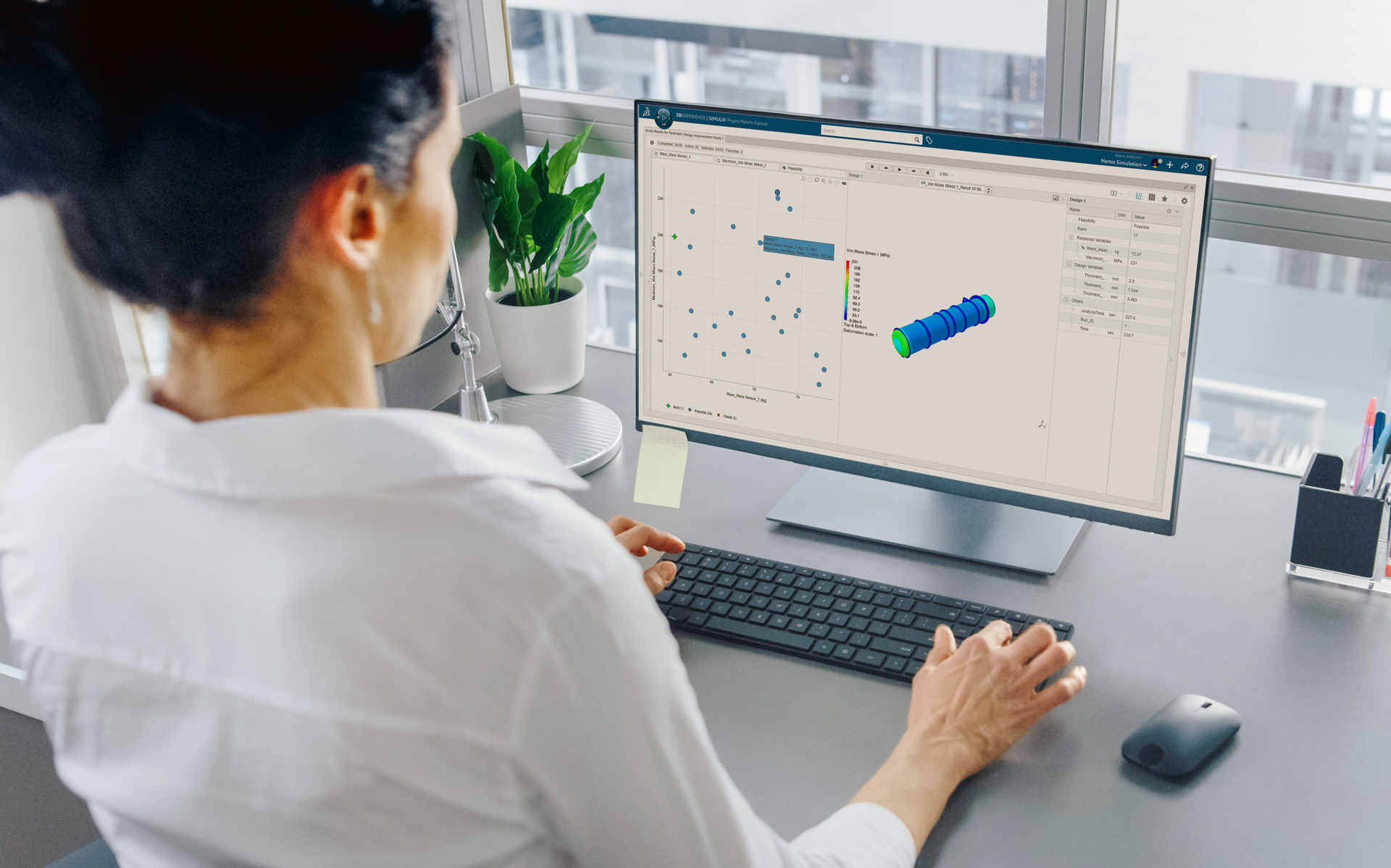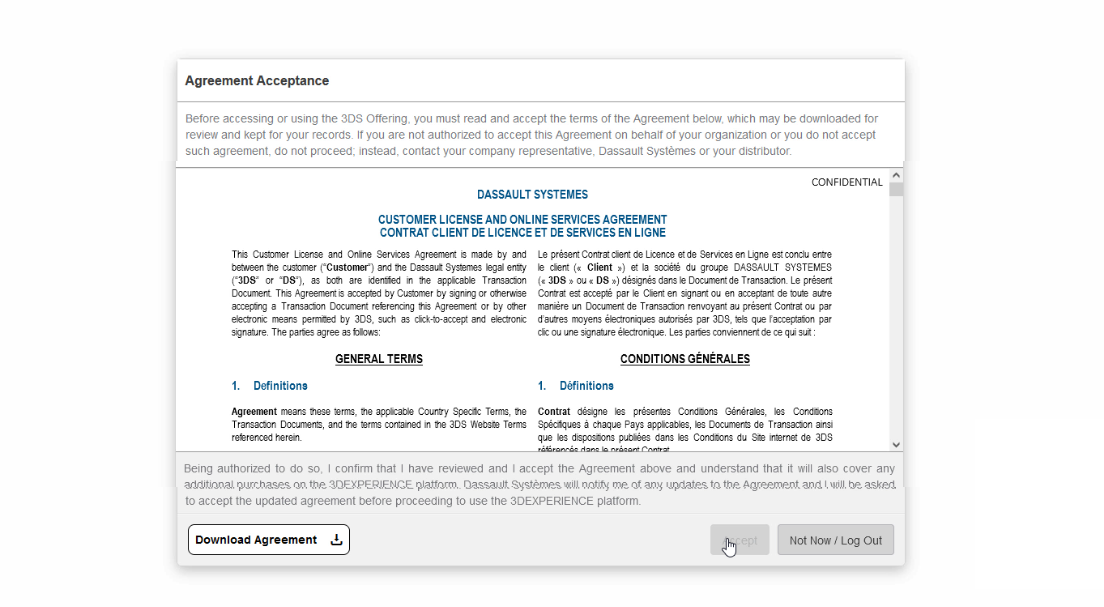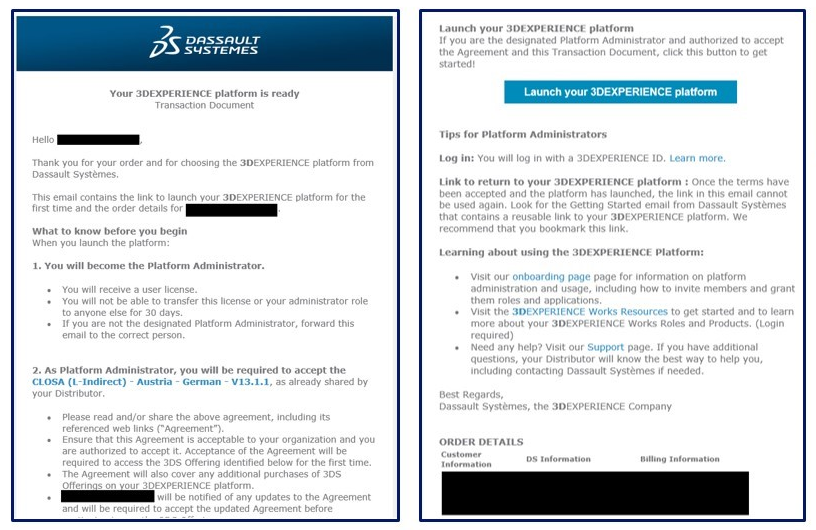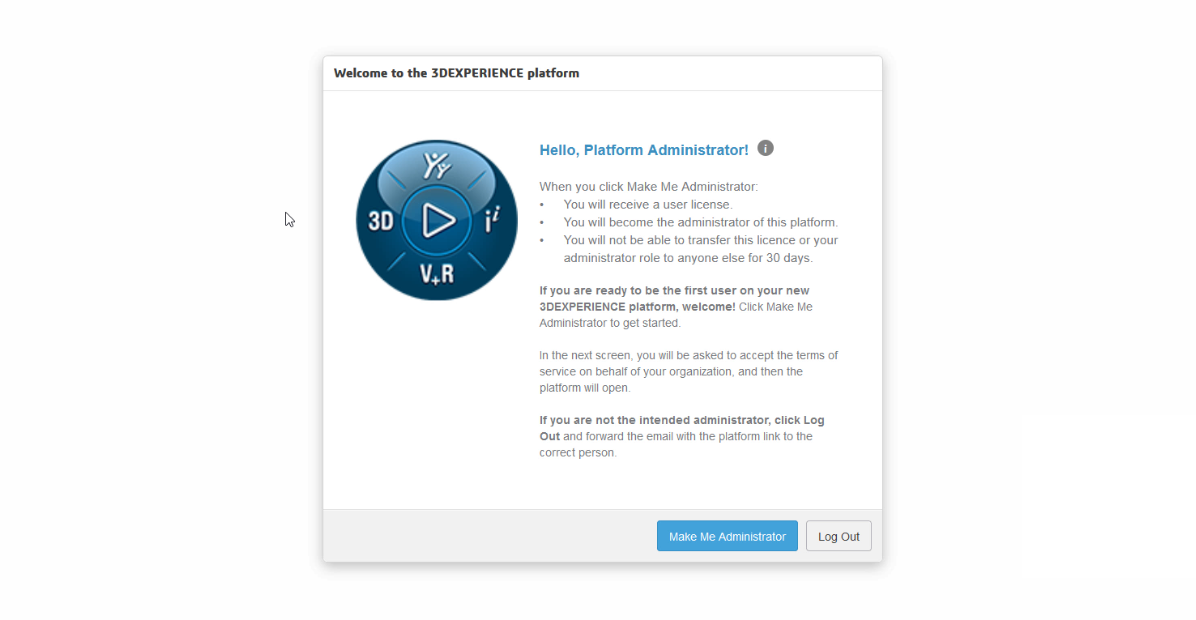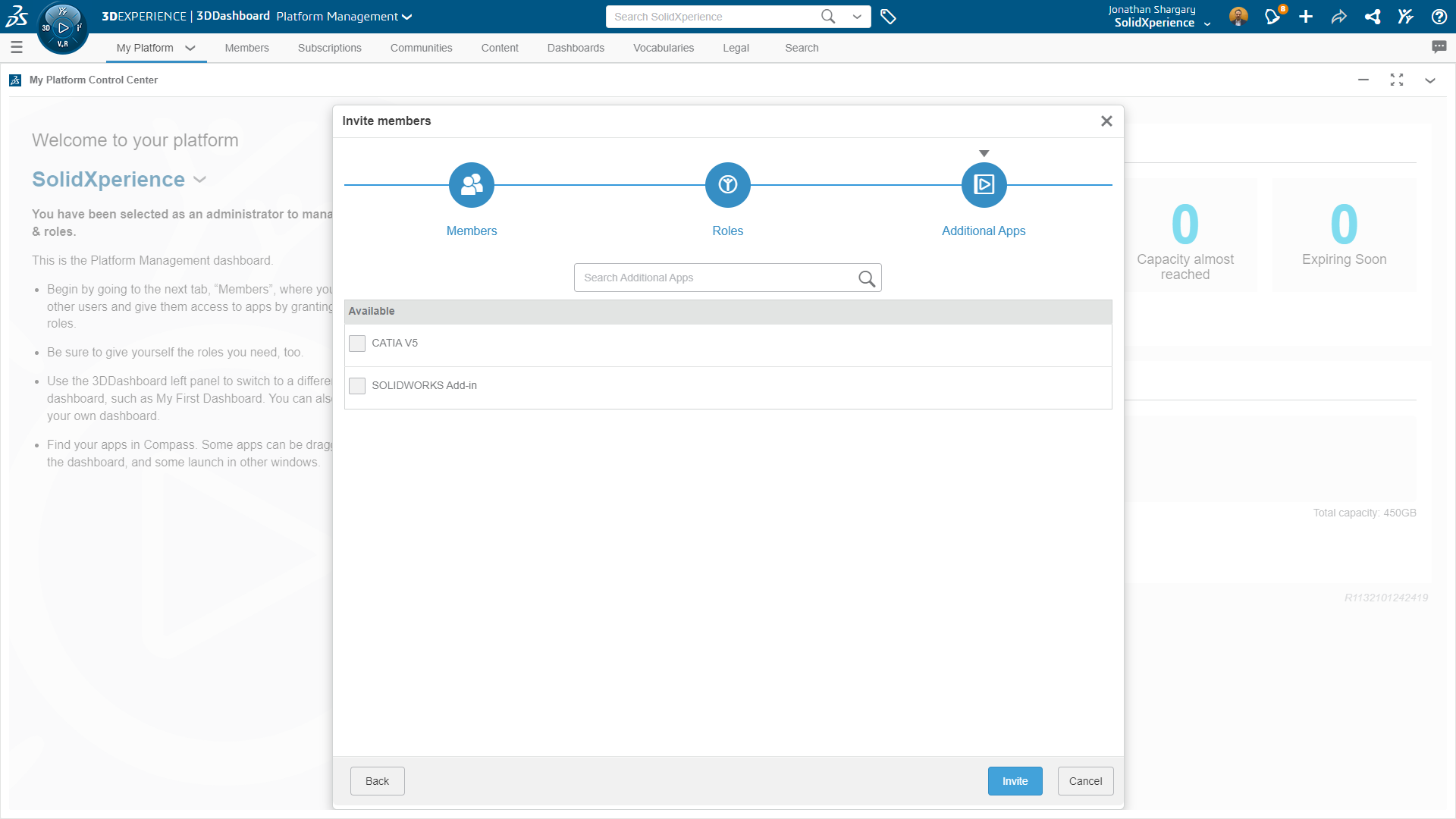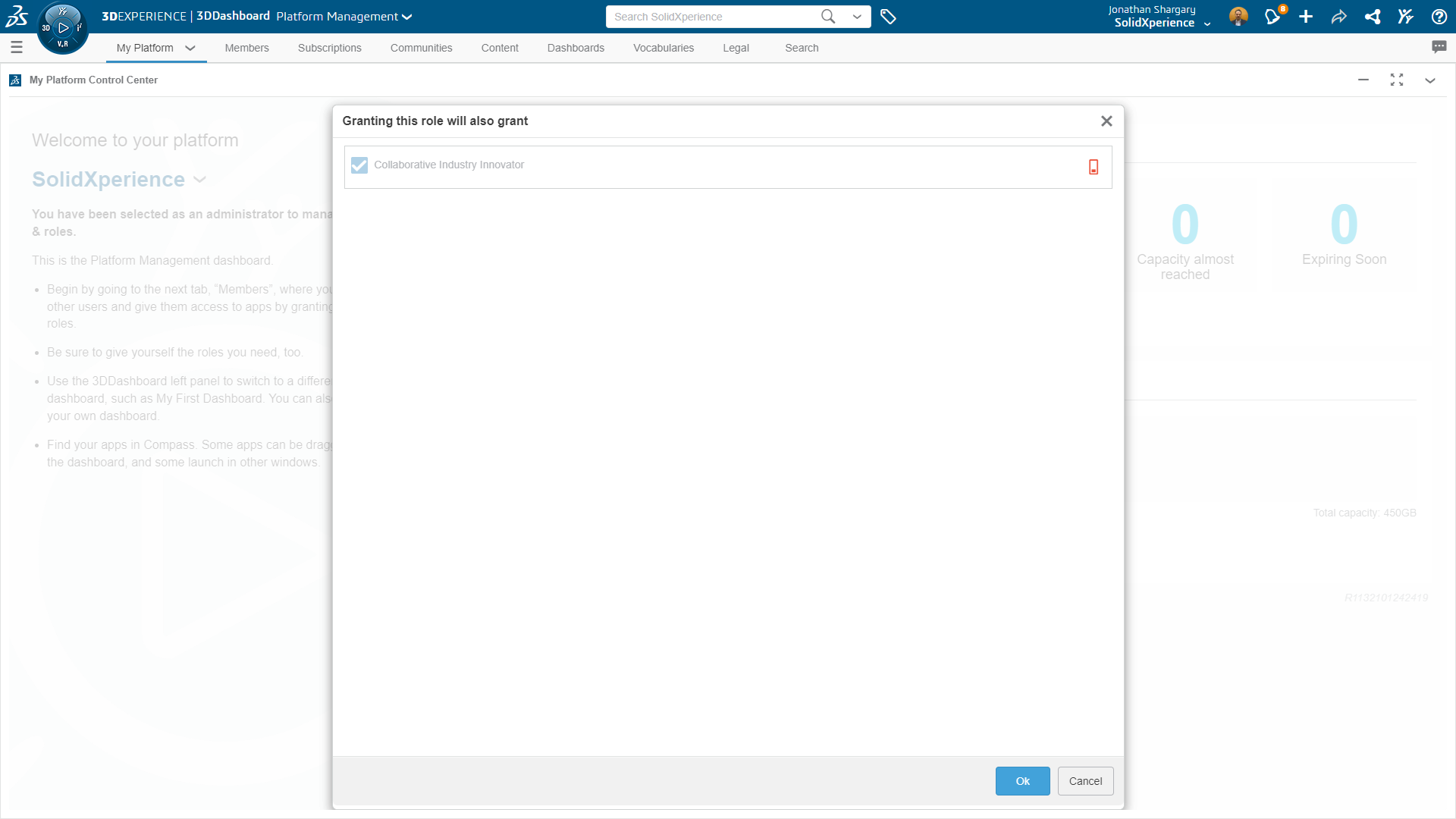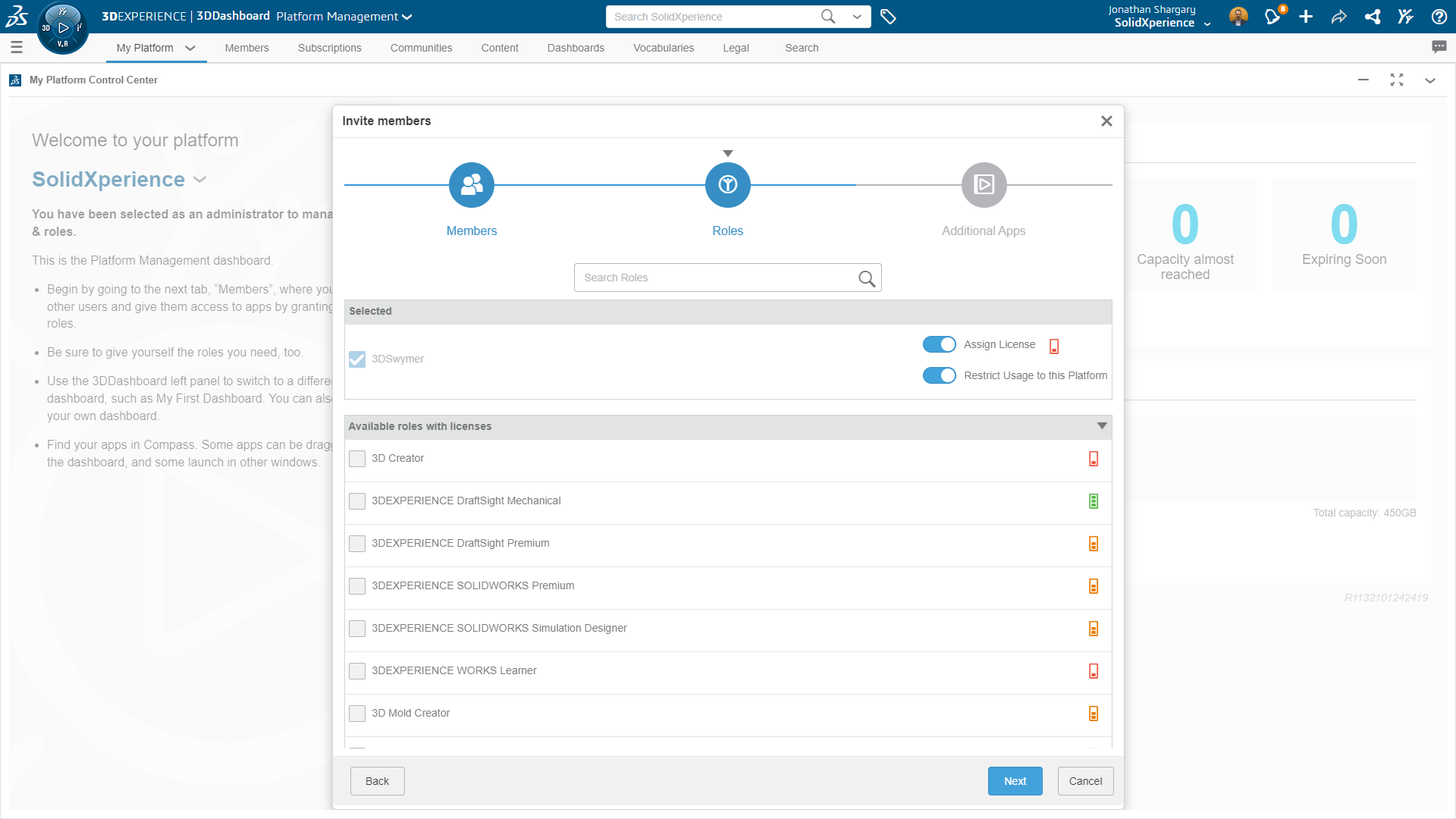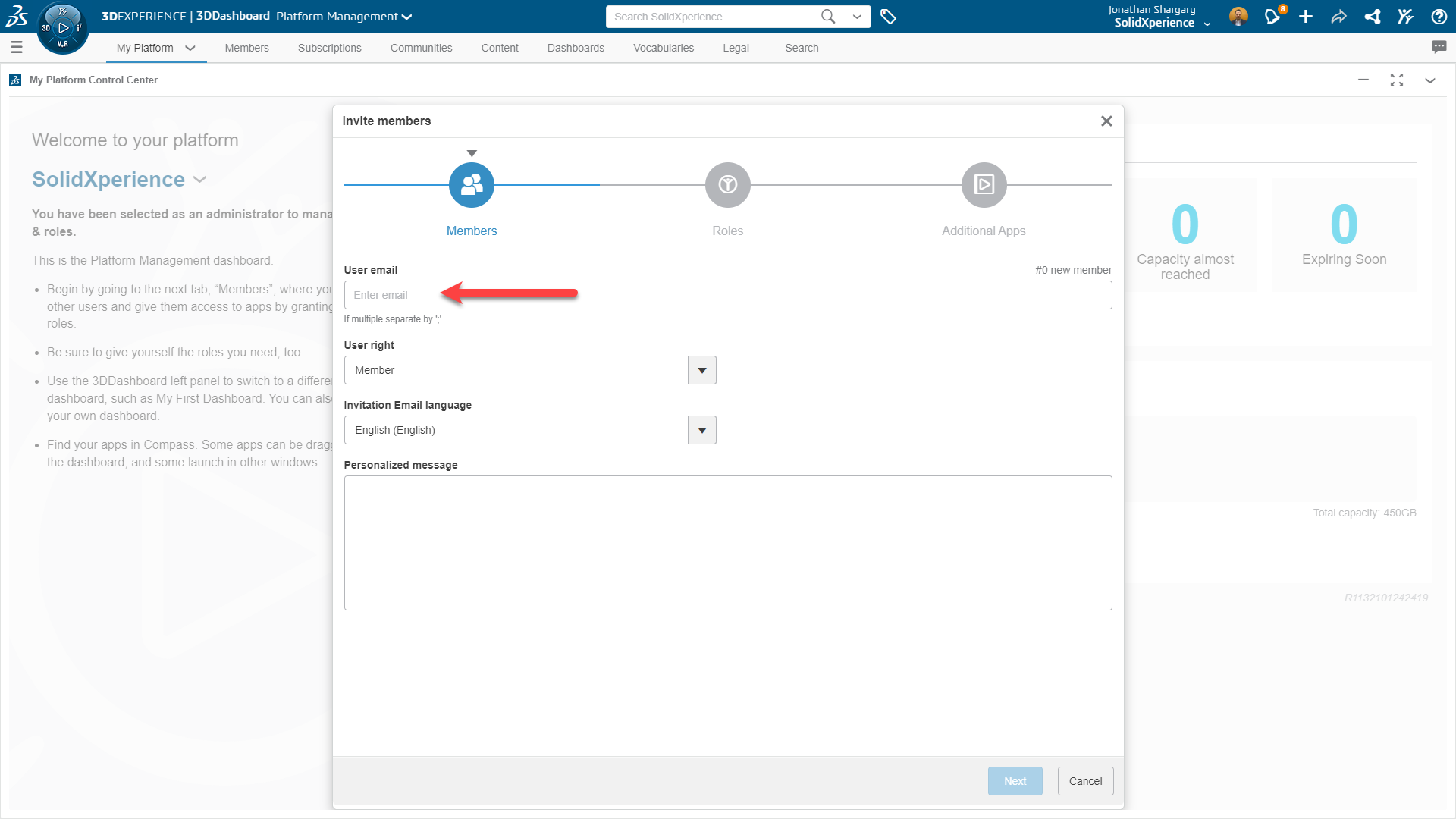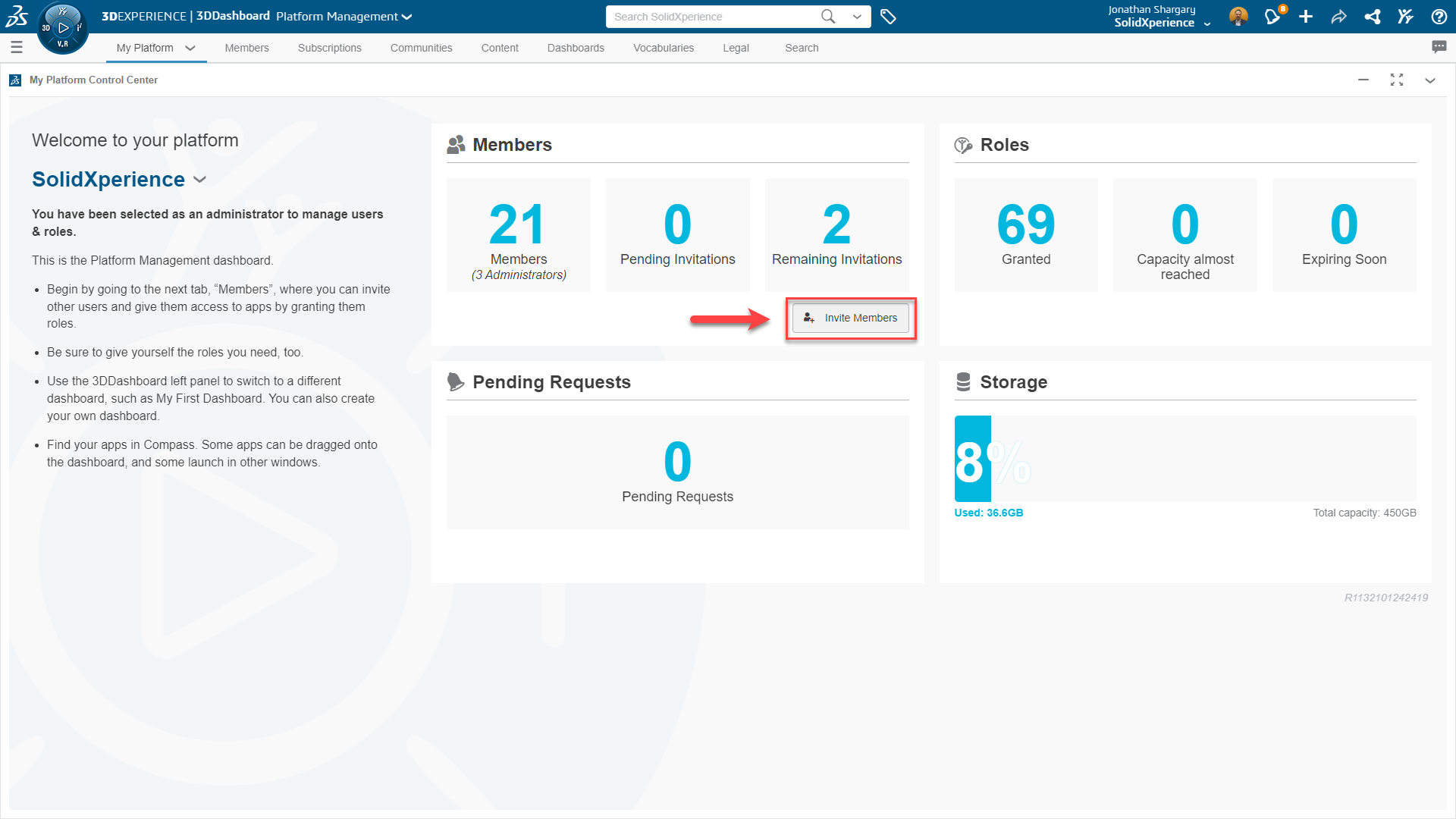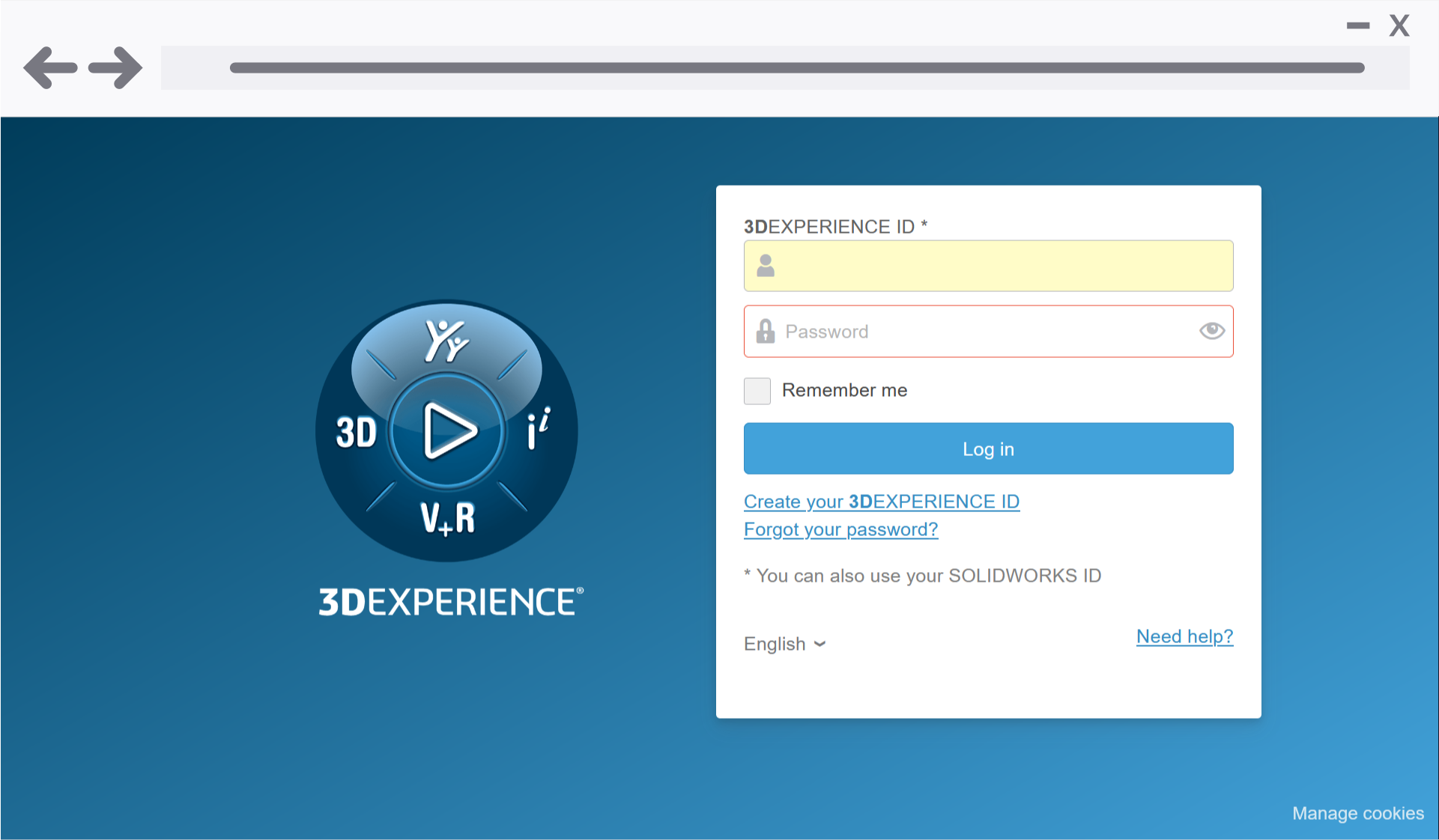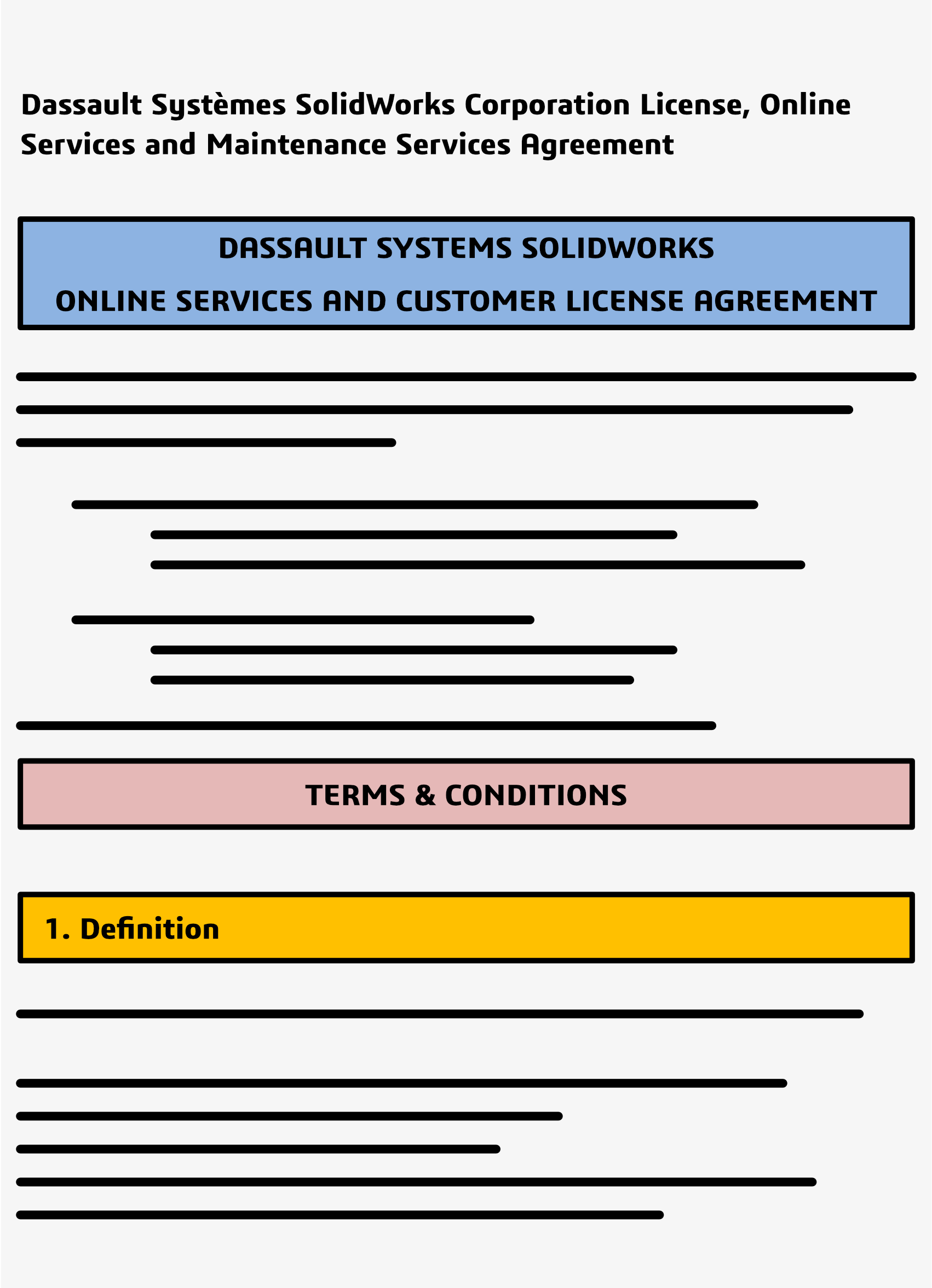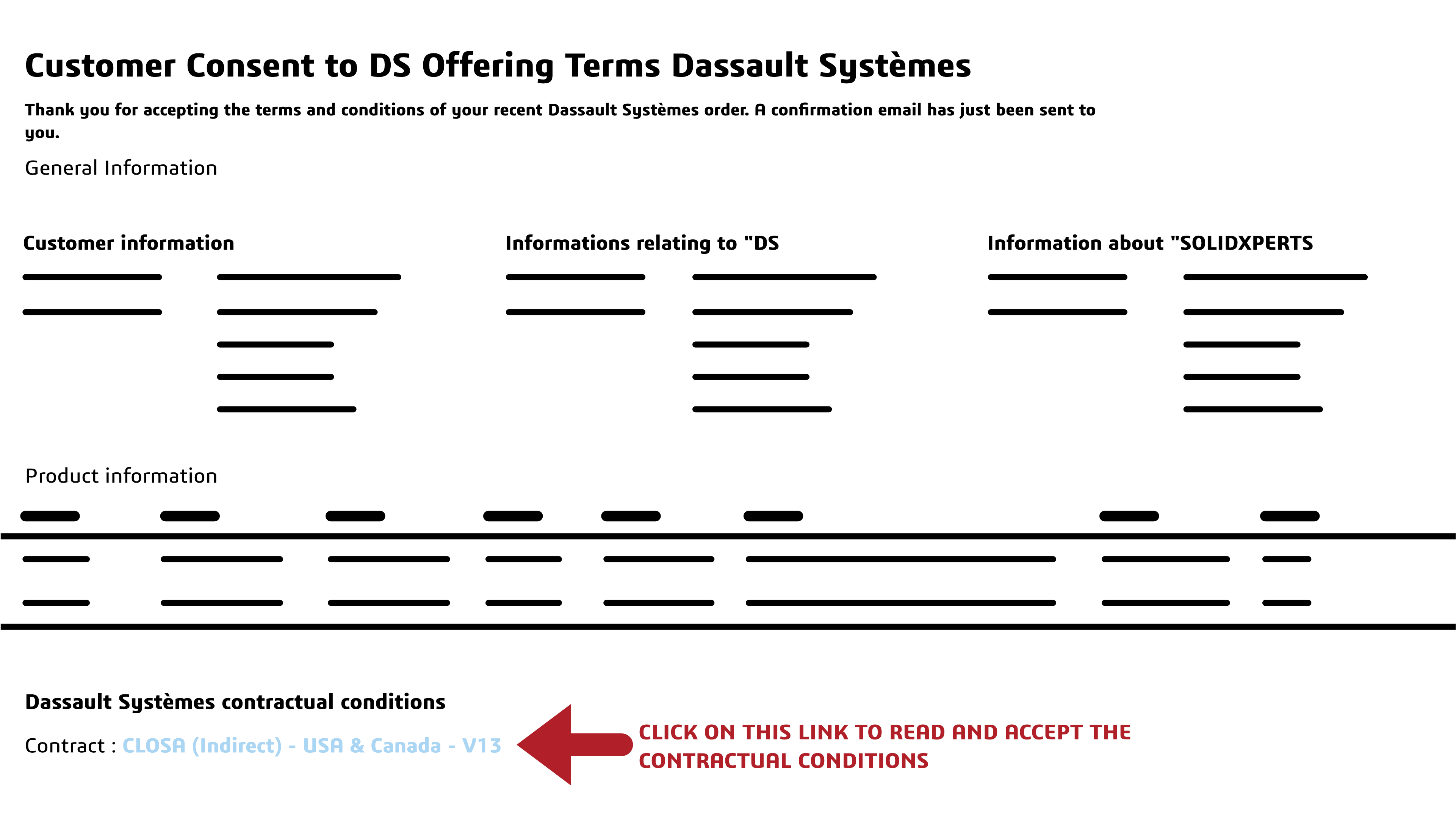Welcome to our in-depth tutorial on how to effectively leverage Manage and Control, the powerful project management and workflow tool within the 3DEXPERIENCE platform. Designed for teams navigating complex projects, Manage and Control ensures seamless task management, robust workflow automation, and precise access control, all within a unified environment. This guide will walk you through the steps to enhance efficiency, maintain control over your projects, and achieve consistent, high-quality results.
Table of Contents
- Introduction to Manage and Control
- Enabling Manage and Control
- Setting Up Your Workspace
- Managing Tasks and Workflows
- Controlling Access and Permissions
- Tracking Project Progress
- Use Cases
Introduction to Manage and Control
In today’s fast-paced engineering and design environments, managing projects efficiently is more critical than ever. Projects often involve multiple teams, departments, and stakeholders, each with their unique requirements and timelines. This complexity necessitates a tool that can not only organize and track tasks but also automate processes and ensure that all team members have the information they need, precisely when they need it.
Manage and Control on the 3DEXPERIENCE platform is the answer to these challenges. It provides a comprehensive set of tools that allow you to manage every aspect of your project, from assigning tasks and controlling access to tracking progress and automating workflows. This integration into a single platform streamlines communication and ensures that everyone involved in the project is aligned, reducing the risk of errors and delays.
Enabling Manage and Control
Before diving into the features of Manage and Control, it’s essential to ensure that your platform is set up correctly. The first step is to verify that your platform administrator has enabled the necessary permissions for managing tasks, workflows, and access controls. These settings are typically configured in the Platform Management dialog, where administrators can set up roles, permissions, and access levels for different users.
Once the appropriate permissions are in place, your team can fully utilize the Manage and Control features, from creating tasks to automating complex workflows. Ensuring these settings are correctly configured from the outset will save time and prevent potential access issues as your project progresses.
Setting Up Your Workspace
The foundation of effective project management lies in a well-organized workspace. On the 3DEXPERIENCE platform, setting up your workspace involves defining your project structure, which includes creating folders, tasks, and subtasks, as well as assigning roles and responsibilities.
Defining Your Project Structure
Start by outlining the main goals of your project and breaking them down into manageable components. This often involves creating a hierarchical structure where larger tasks are divided into smaller, more specific subtasks. Each task should have a clear objective and be assigned to a team member responsible for its completion.
For example, if you’re managing a product development project, you might have high-level tasks such as “Design Phase,” “Prototyping,” and “Testing.” Each of these tasks can be further divided into subtasks like “CAD Modeling,” “Material Selection,” “3D Printing,” and “User Testing.” This breakdown helps ensure that no part of the project is overlooked and that all team members know their specific responsibilities.
Assigning Roles and Responsibilities
Once your tasks are defined, assign them to the appropriate team members. The 3DEXPERIENCE platform allows you to assign roles that reflect the actual responsibilities of each team member, such as “Designer,” “Project Manager,” “Engineer,” or “Quality Assurance.” Assigning these roles helps to clarify expectations and ensures that each team member knows who to contact for specific issues or approvals.
In addition to individual task assignments, consider setting up teams or groups for larger projects. This grouping allows for more efficient management of tasks and communication, as team members can easily collaborate within their assigned group while still having visibility into the broader project.
Managing Tasks and Workflows
With your workspace set up, you can begin managing tasks and automating workflows. Effective task management and workflow automation are at the heart of the Manage and Control feature, allowing you to keep your project on track and ensure that all tasks are completed in a timely manner.
Task Management
Task management on the 3DEXPERIENCE platform is straightforward yet powerful. After creating tasks and subtasks, you can assign due dates, set priorities, and add detailed descriptions or attachments. The platform also allows you to link tasks together, creating dependencies that ensure tasks are completed in the correct order. For example, the “User Testing” task cannot begin until the “Prototyping” task is complete. This logical linking of tasks helps prevent bottlenecks and ensures that your project progresses smoothly.
As tasks are completed, team members can update their status, allowing project managers to track progress in real-time. The platform’s intuitive interface makes it easy to see which tasks are on schedule, which are delayed, and which have been completed, providing you with a clear overview of your project at all times.
Workflow Automation
Workflow automation is one of the most powerful features of Manage and Control. By setting up automated workflows, you can streamline repetitive tasks, ensure that approvals are obtained promptly, and reduce the risk of human error.
For example, you can create a workflow that automatically routes a completed CAD model to the quality assurance team for review, and then to the project manager for final approval. If any issues are found during the quality assurance review, the workflow can automatically send the model back to the designer with detailed feedback, ensuring that revisions are made before the project can move forward.
These automated workflows can be customized to fit the unique needs of your project, whether it’s a simple approval process or a complex series of interdependent tasks. By automating these processes, you free up your team to focus on more critical tasks, improving overall efficiency and reducing the time it takes to complete your project.
Controlling Access and Permissions
In any project, controlling access to information is crucial. The 3DEXPERIENCE platform provides robust access control features that allow you to manage who can view, edit, or approve documents and tasks.
Defining Access Levels
Access control on the 3DEXPERIENCE platform is highly customizable. You can define access levels for individual users or groups, specifying who can view, edit, or approve each task or document. For example, you might allow designers to edit CAD models but restrict them from approving final designs, a role reserved for the project manager.
These access controls help ensure that only authorized team members can make changes to critical documents, reducing the risk of unauthorized edits or accidental deletions. It also simplifies the approval process, as only those with the appropriate permissions can approve or reject tasks.
Regularly Reviewing Permissions
As your project evolves, so too might the roles and responsibilities of your team members. It’s essential to regularly review and update access permissions to reflect any changes in team structure or project scope. This ongoing review ensures that access to critical information is always limited to those who need it, helping to maintain the security and integrity of your project.
Tracking Project Progress
One of the key benefits of using Manage and Control is the ability to track your project’s progress in real-time. The 3DEXPERIENCE platform provides several tools that allow you to monitor task completion, identify potential bottlenecks, and ensure that your project stays on schedule.
Visualizing Progress
The platform offers multiple ways to visualize your project’s progress, including Gantt charts, Kanban boards, and project dashboards. These tools provide an at-a-glance view of where your project stands, highlighting completed tasks, tasks in progress, and any that are overdue.
Gantt charts are particularly useful for complex projects, as they allow you to see the dependencies between tasks and how delays in one area might impact the overall project timeline. Kanban boards, on the other hand, provide a more straightforward, task-based view, making it easy to see what tasks are currently being worked on and what’s up next.
Generating Reports
In addition to visual tools, the 3DEXPERIENCE platform allows you to generate detailed reports on various aspects of your project. These reports can include information on task completion rates, project milestones, resource allocation, and more. Regularly reviewing these reports can help you identify trends, spot potential issues before they become problems, and make informed decisions about how to proceed with your project.
Use Cases
Manage and Control on the 3DEXPERIENCE platform is versatile enough to be used in various industries and project types. Here are a few examples of how different teams can benefit from this powerful tool:
- Complex Project Management: For large, multi-team projects, Manage and Control ensures that all tasks are clearly defined, assigned, and tracked. This capability is particularly valuable in industries like aerospace, automotive, and industrial design, where projects often involve numerous stakeholders and tight deadlines.
- Compliance Management: In regulated industries such as pharmaceuticals or construction, managing compliance-related tasks is critical. Manage and Control allows you to set up workflows that ensure all necessary steps are completed, documented, and approved, helping you stay compliant with industry regulations.
- Collaboration Across Teams: Whether your teams are located in different offices or working remotely, Manage and Control facilitates seamless collaboration. All team members can access the same tasks, updates, and documents, ensuring that everyone stays on the same page, regardless of their location.
Conclusion
Manage and Control is an indispensable tool for any team looking to streamline project management, automate workflows, and maintain control over their projects. By using this powerful feature within the 3DEXPERIENCE platform, you can ensure that your projects are completed on time, within budget, and to the highest quality standards.
If you have any questions or need assistance getting started with Manage and Control, don’t hesitate to reach out to us. Our Xperts are here to help you make the most of this powerful tool for your project management needs.
Discover more about Manage & Control on the 3DEXPERIENCE!
Compete your 3DEXPERIENCE knowledge. Read through our blogs on Share and Markup, and Store and Revise.

